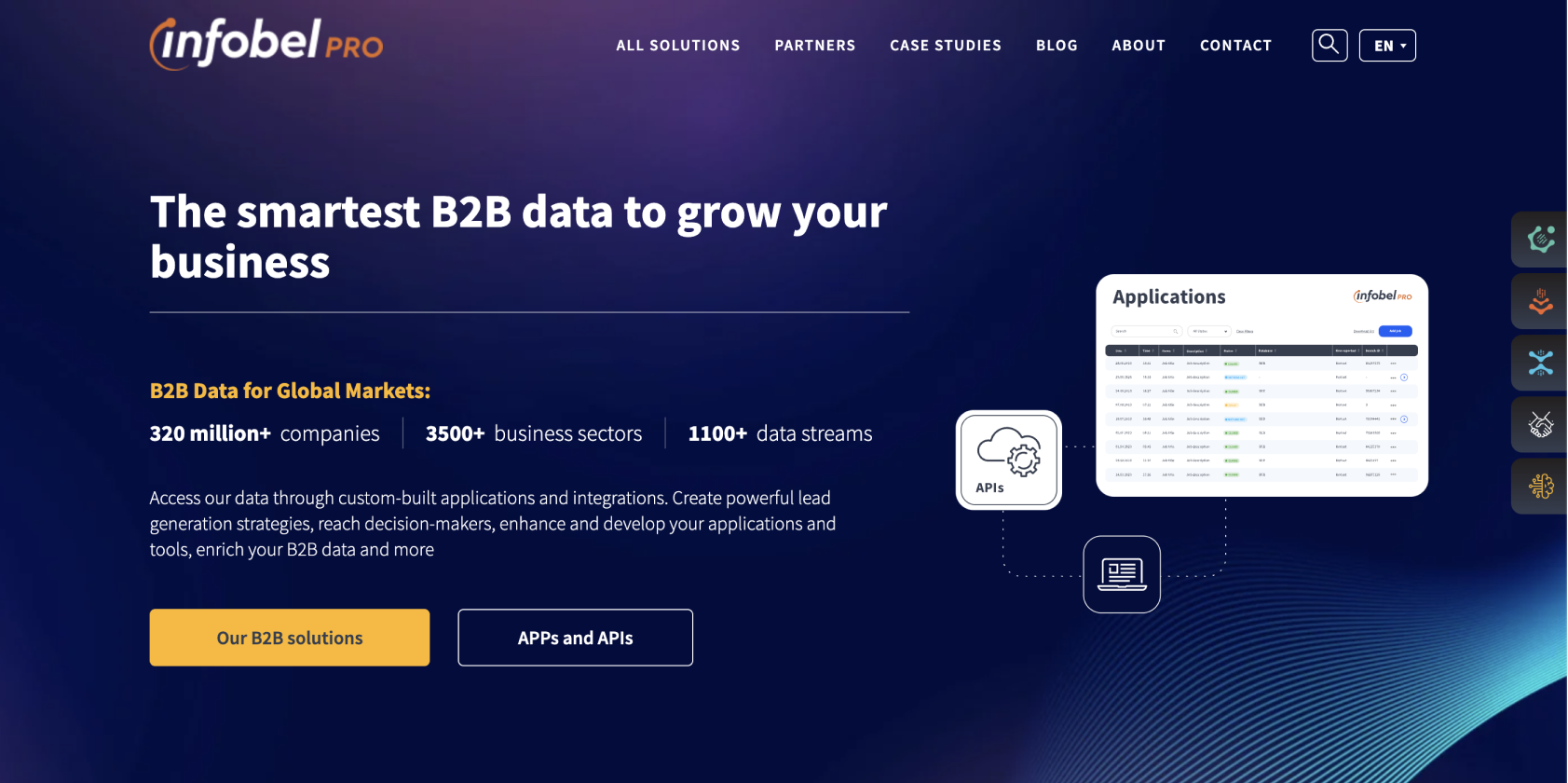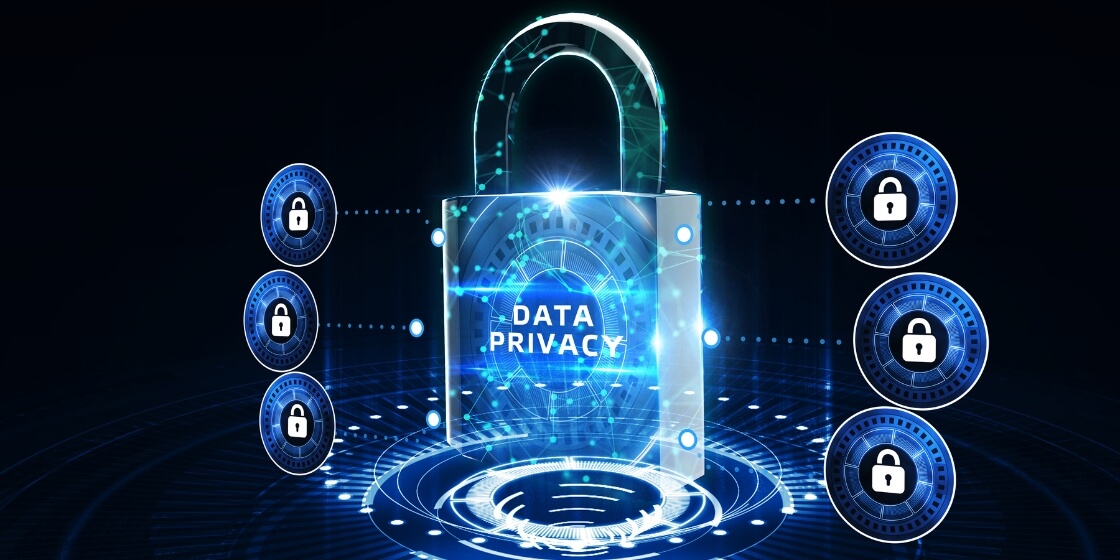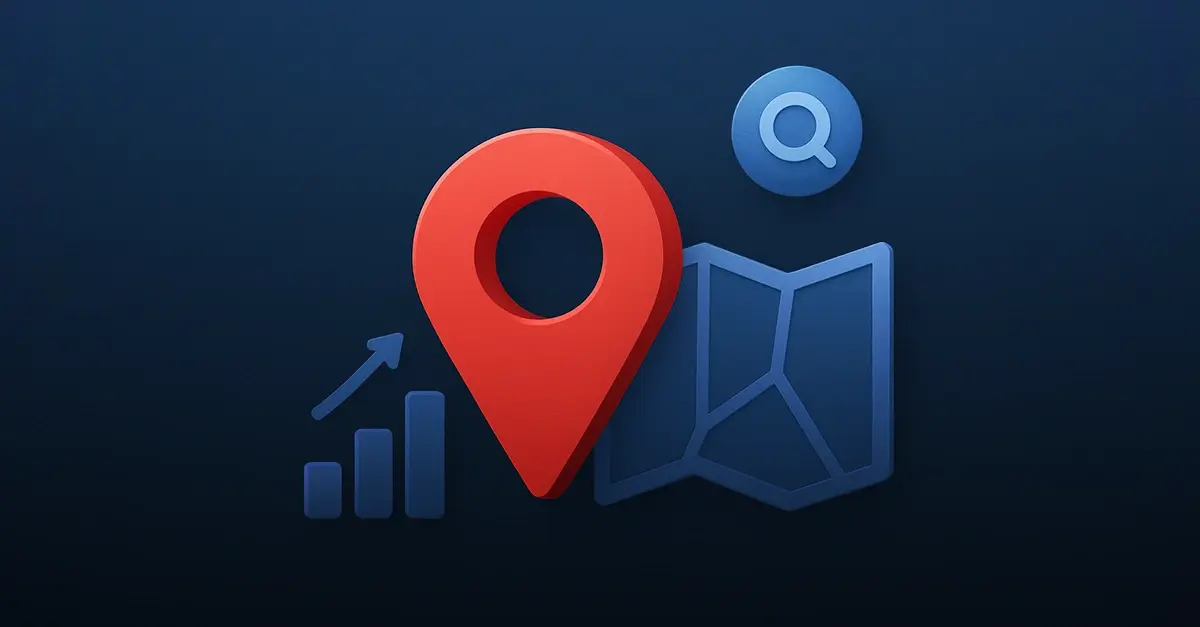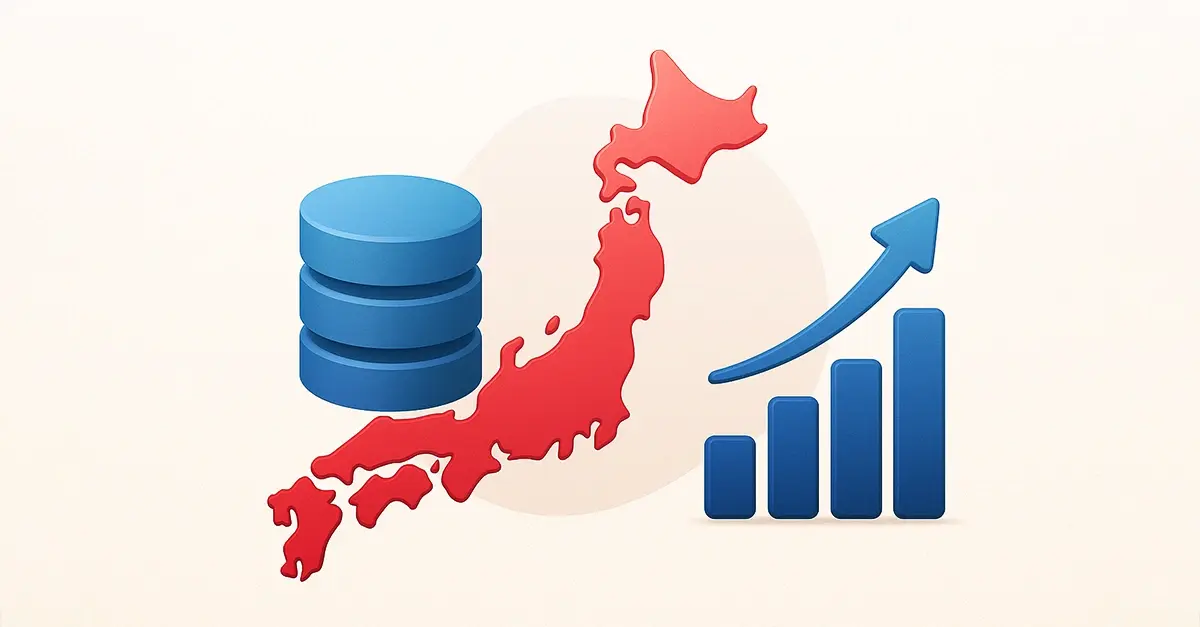The ever-evolving landscape of technology, business intelligence and decision-making has made the role of data vendors significantly crucial and increasingly pivotal. Companies are highly reliant on this array of data to catalyse their operations and bring forth strategic decisions optimally when it comes to data vending.
But have you ever wondered, where this data comes from and how it reaches the organizations?
Let us dive into understanding the world of data vendors also known as data suppliers and data providers, their significance, the types of data they provide and the names of the key players in the industry to date.
Understanding the World of Data Vendors
Data vendors hold expertise in sourcing, aggregating, and distributing data to different niches of industry. No matter if you are a small startup or multinational corporation, data suppliers always play a crucial role in ensuring you have hands-on high-quality, accurate, and updated information for all their specific needs.
Data providers are basically of two primary categories, which are B2B data category and B2C data.
B2B Data Vendor vs. B2C Data Vendor - What Are the Differences?
B2B Data Vendor
B2B Data Vendor is precisely focused on catering to the unique needs of each business and offers a diverse range of datasets and databases which play an invaluable role in making decisions when it comes to the corporate world. These data suppliers serve an array of industries ranging from finance to marketing, sales teams, etc.
A few examples of B2B data offerings are inclusive of:
- Market Research Data which comprises data with comprehensive market insights, market preferences or interests of customers (it may include intent data), and industrial trends.
- Lead Generation Data which is a dump of contact details and locations of the contacts, prospective clients, and decision-makers.
- Financial Data which comprehends the organization's financials, credit ratings, and data related to risk assessment.
- Business Intelligence Data which is summarized in competitive analysis, company profiles, company size and vendor SWOT.
B2C Data Vendor
B2C data providers come into the picture when any industry needs relevant information across a section of targeted consumers (customer data). The data offerings leased at their end are pivotal for defining unique marketing strategies, customer clustering, and personalization.

A few examples of B2C data offerings are inclusive of:
- Demographic Data which holds information on consumers' age, location, and interests.
- Behavioural Data comprises information on the online behaviour of the consumers like the purchase history and preferences, which is also called intent data.
- Geospatial Data is the data based on geo-targeting and marketing specific to location.
- Social Media Data which holds insights from social platforms including contact data, thereby helping brands to understand the sentiments of consumers.
Undeniably the landscape of data suppliers is quite vast, however, some names of the most renowned ones in both B2B and B2C segments are as follows:
The Most Popular B2B Data Vendors
- InfobelPro, with experience of over two and a half decades in the niche of the B2B market, boast to own one of the largest databases. They have successfully crafted tailor-made and user-friendly apps that cater to delivering extensive data to businesses and clients in real-time.

- Dun & Bradstreet, a globally recognized leader in providing comprehensive B2B solutions and catering to the needs related to business data.
- ZoomInfo, an expert in sharing B2B contact information and generating leads.
- Experian, a trusted giant in the field of data-related credit and finances and also offers a range of B2C data for various industries.
The Most Recognizable B2C Data Providers
- Acxiom, which holds specifics related to consumer data solutions which includes the demographics and preferences.
- Nielsen, popularly known for its positive ratings on television and media provides insights on consumer details.
- Blue Kai which is an Oracle data cloud and is imperative in sharing valuable data relevant to personalized marketing strategies.
- TransUnion is a globally recognized credit reporting agency that also offers a variety of data solutions for organizations in the B2C space helping them in making successful business decisions.
What Does it Mean to Be a Data Vendor?
The trick here is that being a data provider for any industry is not merely an investment in collecting and selling data but renders a strong commitment to data ethics, regulatory compliance, and ensured quality. Data vendors need to ensure the accuracy and reliability of data provided as it forms the core of knowledge and organizations are duly dependent on this for undertaking any critical decision.
In addition to this, data vendors are required to navigate through the complexities of laws related to data privacy and data protection like the GDPR and CCPA to uplift the rights and privacy of individuals.
What Actions Regarding Data Do Data Vending Services Offer?
Besides supplying with data there are an array of services that data providers offer to meet a wide array of business needs. These services include:
- Data Enrichment, where existential datasets are apprehended and improvised with additional information;
- Data Appending, where missing data elements are added to improve the existing record; and,
- Data Extractions, basically to extract relevant data subsets.
Additionally, data providers present information on names, social media profiles, and phone numbers, in different formats like .csv, .xls, .json, and more which offer flexibility at large in data recovery. The data is also delivered through different methods like web applications, APIs, downloadable files, etc that trigger real-time alerts to your sales team and ensure businesses get data in a way most suitable for them and in alignment with their business objectives. This adaption to varied niches of service and options for delivery helps companies to make use of data effectively and efficiently.
How to Select the Right Data Supplier?
Selecting a data vendor appropriate and in alignment with your business needs is a critical decision. This is in sync with its own set of complications and close analysis of careful considerations. Choosing from the pool of data suppliers that provide accurate data is a strategic decision and is dependent on close consideration of multiple facets to reach specific business objectives.
Some of the factors that need careful consideration to make informed decisions are as follows:
DATA NEEDS
It is recommended to initiate a thorough analysis of your data needs clearly. Having accurate and precise data needs with respect to your enterprise goals will not only help you reach a better decision but also prove beneficial in avoiding any hassles or bearing additional costs.
DATA QUALITY
Data quality plays an important role and high quality is paramount in making better decisions. To ensure the quality of data it is always better to research data collection methods, data sources, and the process of validation of your prospective data supplier.
DATA PRIVACY
It is always effective to ensure that your data supplier adheres to the data security regulations. Data privacy helps maintain that the data is in compliance with regulatory compliances and ensures that the data of customers availed is not beyond the security and privacy of users.

TRANSPARENCY
Besides these factors, also consider understanding the pricing structure provided by the data supplier. Analyze all the features well and go forth with your decision. Staying informed and maintaining transparency avoids availing any additional costs thereby making informed decisions.
In addition to these, analysing the ROI, scalability, support services, ethics, and scalability need to be considered for making well-informed decisions and taking your businesses forward with success.
How to Choose Between a Data Provider and In-House Data Generation?
This is one of the major concerns that arise for businesses to assess before opting for the services of data acquisition. There is often confusion if it is better to acquire data from data suppliers or generate it in-house. Going with either option has its advantages and disadvantages that need to be well understood before making a choice.
DATA VENDORS/SUPPLIERS
- Choosing to go with a data provider will give you quick access and the ability to manage a vast collection of data including basic contact information like phone numbers, names, etc which will be an efficient choice both for saving time and resources.
- Many data providers hold expertise in acquiring and aggregating data while ensuring data quality and accuracy which enhances sales pipelines and overall business.
- Going with a data supplier is in itself a cost-effective option than building and maintaining an in-house technology infrastructure for data collection.
IN-HOUSE DATA GENERATION
- While in-house data generation can be an investment in cost, time, and resources and inclusion of stringent verification processes; it leverages full control over data quality and data sources.
- Companies can ensure the usage of this data as per their specific needs and data requisites.
- There is also a reduced or minimal risk of data breaches as there is no exposure to any external data provider.
Expansion in the World of Data Vendor
While there are innumerable significances of data suppliers in both the B2B and B2C sectors, the niche of data suppliers accounts for constant change. There are significant emergences of new technologies, changing customer trends, data sources, and data types that are bound to open new opportunities and challenges to make the best use of data.
Emergence Of Data Types
- IoT (Internet of Things) Data is useful in generating large amounts of data from connected devices and offers deep insights into user behaviours and device performances.

- Alternative data sources or non-traditional data sources like social media and satellite imagery have gained invaluable significance in predicting market trends.
- The impromptu usage of machine learning and AI-related algorithms helps create synthetic data which is quite useful for testing and development.
ETHICAL BUSINESS DATA CONSIDERATIONS
With the growing importance of data providers, there is also a growth in the ethical responsibility that comes with access to data and data handling. The concerns related to data privacy and security of customers are paramount which makes it important for companies to prioritize transparency while maintaining trust among business partners, and consumers.
FAQs: Understanding B2B Data Vendors
What are some examples of data offerings from B2B data vendors?
B2B data vendors offer market research, lead generation, financial, and business intelligence data, essential for strategic business decisions.
Who are some of the most popular B2B data vendors in the market today?
Key B2B data vendors include InfobelPro, Dun & Bradstreet, ZoomInfo, and Experian, known for their comprehensive data solutions.
What should companies consider when selecting a data vendor?
Companies should evaluate data needs, data quality, privacy policies, and pricing transparency when choosing a data vendor.
What ethical considerations are involved in B2B data vending?
Ethical considerations include data privacy and security, accuracy, regulatory compliance, and transparency with clients.
Conclusion
In the age where data access holds prominence, data vendors are invaluable partners that help industries of all sizes in multiple ways. Data ranging from just a name and phone numbers to any deeper depictions like financial information holds a prominent lifeline to varied and vast data sections that enable any company to make informed choices while driving innovation in significant ways. Therefore, if you are seeking insightful B2B or B2C data, the key giants from the industry to date have got you covered.
However, to thrive in this evolving world of data, companies need to carefully analyze and evaluate their business needs with respect to the usage of data, and choose adept data vendors while ensuring to stay committed to ethical data practices.
The key thing that differentiates you in this competitive landscape is the utility of the power of data for best while correspondingly ensuring to remain agile and responsive in the market of ever-evolving trends. The growing importance of diverse data sources and the improved importance of data ethics expands both challenges and spectrum in the niche of data vendors.





Comments